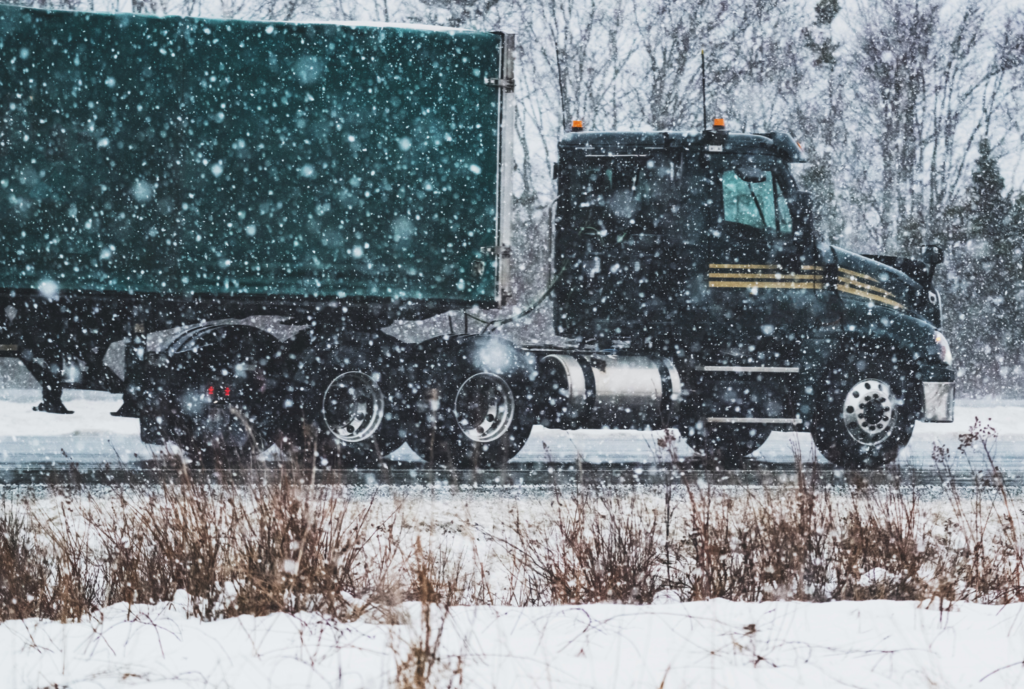Some over-the-road fleets are fortunate enough that their trucks’ tires won’t come into contact with snow or ice during winter, but for the majority of fleets, now is the time to prepare their vehicles for the chilly weather. It is better to be prepared for the worst-case scenario now before the cold weather arrives (and even drivers who stay in the South shouldn’t get too cocky, as snow and ice storms have recently impacted Arkansas, Tennessee, North Carolina, and even Georgia).
So, how to prepare your truck for winter?
Here are tips to help you be prepared for winter driving:
Battery: Batteries lose power quickly in the cold. Check your battery’s age and capacity.
Fuel: Drivers are all aware that diesel fuel can gel in extremely cold temperatures, but not everyone is aware of the cause. Diesel contains hydrocarbon paraffin, which is to blame. In sub-freezing conditions, paraffin crystallizes, allowing any water in the fuel to emulsify and transform the diesel into slush. Use a winter blend fuel with a high cetane rating and supplement it with anti-gel additives each time you fill up your tank.
Cooling Systems: Yes, cooling systems are something to consider in cold weather. The radiator, belts, and hoses should all be examined for potential failures as part of a thorough winterization check. Make sure the coolant is at the ideal freeze point as well.

Fuel Filter And Water Separator: To prevent contamination, the truck’s water separator needs to be checked daily and drained when full. The engine is also safeguarded by replacing obsolete fuel filters.
Air Dryer: Water cannot reach the brake lines where it could freeze, thanks to the air dryer. Check to see if it works and replace the filter if necessary.
Engine Block Heater: Diesel engines are more difficult to start in the cold than gasoline engines because they need a greater cylinder temperature. Drivers who frequently drive through the coldest regions of the nation may think about investing in an electric engine block heater to use when the truck is left parked for an extended length of time.
Tire Pressure: Deflated tires wear out more quickly and reduce fuel efficiency in cold weather. Adapt the inflation as necessary.
Emergency Supplies: While breakdowns during the summer are annoying, they can also be risky during the winter. Keep food and water on hand, along with a shovel, flashlight with additional batteries, blankets, first aid kit, flares, radio, anti-gel fuel additive, cold-weather gear, and footwear.
Click this if you’re looking for more drive safety tips for truck drivers.



